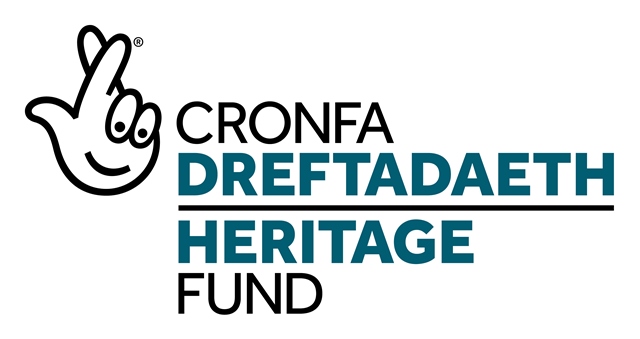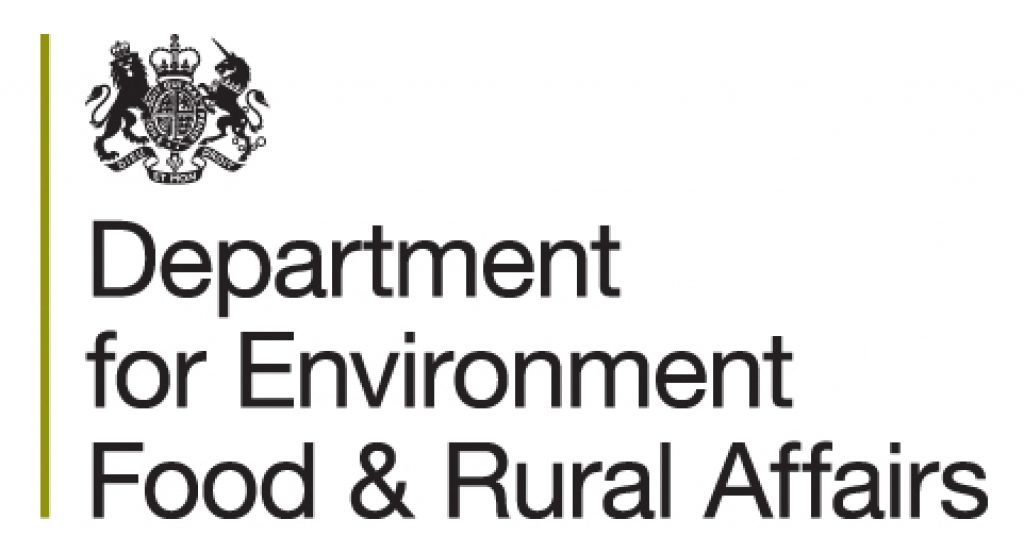Use peat-free garden compost
Switching to peat-free compost will help to fight climate change – and won’t have a negative impact on the beauty of British gardens. British gardeners use several million cubic metres of peat in garden compost and growbags every year.
Why will going peat-free help?
Peatland is a precious resource, created by Sphagnum moss over thousands of years. It is one of the rarest habitats on earth, covering just 3% of the earth’s surface. Peatland is a massive carbon store, holding, acre for acre, more carbon than woodland. However, when it is dug up and allowed to dry out, as it is when it’s added to garden compost, the carbon that’s been stored in the peat for thousands of years is released into the atmosphere as carbon dioxide, adding to climate change.
In peatbogs – like the Marches Mosses, which covers 2,500 acres in Shropshire and Wales, new peat is formed very slowly, at only 1mm per year. It’s estimated that removing peat to use in garden compost strips 500 years’ worth of peat formation every year.
The government has a goal of eliminating peat use by amateur gardeners by the end of 2020 to help to fight climate change.
What are the alternatives?
Alternatives to peat in garden compost include bark, green compost, wood waste, wood fibre and coir. You can find more information from the Royal Horticultural Society website: https://www.rhs.org.uk/advice/profile?pid=441.






